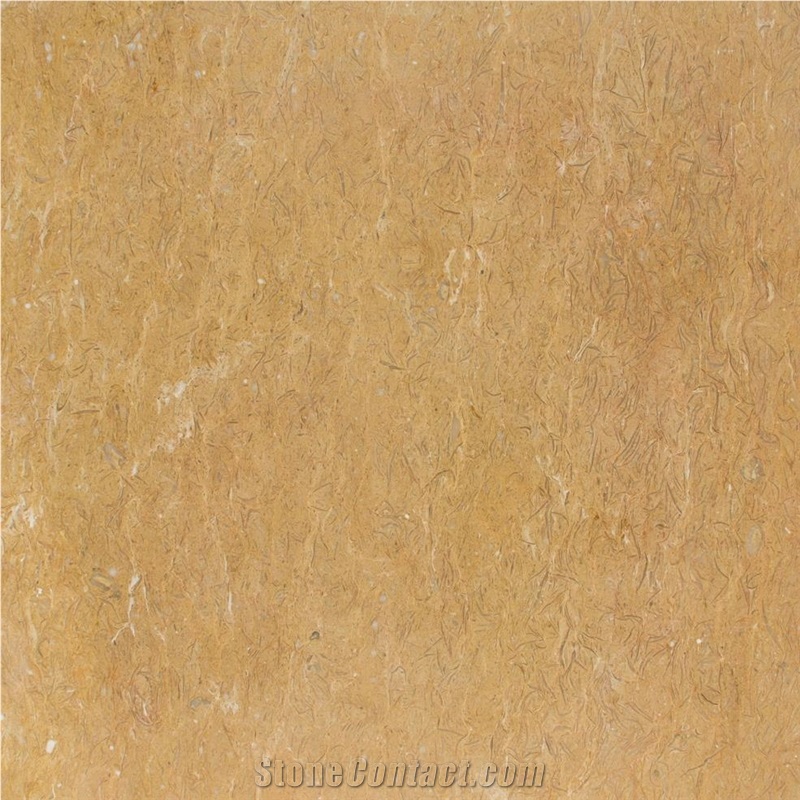Seiqali Gandomak Marble
Order Now
About
Material Type: Marble
Origin: Iran
(Shiraz, Fars Province)
Iran
(Shiraz, Fars Province)
 Iran
(Shiraz, Fars Province)
Iran
(Shiraz, Fars Province)
Priamry Color(s): Gold
Recommended Usage:kitchen and bathroom countertops, monuments, stairs, building stone, ornamental stone, interior, exterior wall and floor applications, mosaic, waterjet pattern
Finishing Surface:Polished,Bush Hammered,Tumbled,Brushed,Honed,Split,Machine Cut,Natural Surface,Sandblasted,Acid Washing,Combed,Leathered,Water Jet,Filled,Chiseled,Pickling
Additional Names:Seiqali Gold Marble,Giallo Persiano Marble
FAQ
Ask a Question

Can Iran's Seiqali Gandomak Marble be used in landscaping?
Yes, Irans Seiqali Gandomak Marble can definitely be used in landscaping. This type of marble is known for its beautiful beige and light brown tones, as well as its unique veining patterns. It can be used for various landscaping purposes such as walkways, patios, outdoor flooring, retaining walls, garden borders, and other decorative elements. Its natural beauty and durability make it an excellent choice for adding elegance and charm to outdoor spaces.
show more
hide

Is Iran's Seiqali Gandomak Marble an expensive stone?
I do not have access to current market prices for Seiqali Gandomak Marble. However, the value of natural stones depends on various factors such as rarity, quality, demand, and availability. So, it is best to consult with a professional stone dealer or check current market prices to determine if Seiqali Gandomak Marble is expensive.
show more
hide

What grade is Iran's Seiqali Gandomak Marble?
There is no specific grade assigned to Seiqali Gandomak Marble produced in Iran. The grade of marble typically depends on factors such as color, veining, and overall quality. It is recommended to consult with a supplier or specialist in the marble industry for more specific grading information on Seiqali Gandomak Marble.
show more
hide

Can Iran's Seiqali Gandomak Marble be used in a bathroom?
Yes, Irans Seiqali Gandomak Marble can be used in a bathroom. Marble is a popular choice for bathroom surfaces because it is durable, water-resistant, and has an elegant appearance. However, it is important to note that marble is a natural stone and may require some additional maintenance compared to other materials. Regular sealing and cleaning may be necessary to keep the marble in good condition.
show more
hide

What is the coefficient of friction of Acid Washed Finish Iran's Seiqali Gandomak Marble tiles?
The coefficient of friction of Acid Washed Finish Irans Seiqali Gandomak Marble tiles may vary depending on various factors such as the specific type of marble, surface roughness, and conditions of use. To determine the exact coefficient of friction for these tiles, it is advisable to consult the manufacturer or supplier, as they should have specific information regarding the slip resistance and friction characteristics of their products.
show more
hide

Are there color variations of Iran's Seiqali Gandomak Marble?
I do not have access to the latest s in the natural stone industry, but to my knowledge, the Seiqali Gandomak Marble from Iran is known for its white and light beige colors with natural veining patterns. However, it is possible that there may be some unique color variations in different quarries, depending on the mineral composition and environmental factors. Its always best to consult with a natural stone supplier or visit the quarry to see the available options.
show more
hide

Can Iran's Seiqali Gandomak Marble be used exterior applications in cold climates?
Seiqali Gandomak Marble, a type of marble found in Iran, is known for its elegant appearance and durability. While it can be used in exterior applications, its suitability for cold climates depends on a few factors.
Marble, in general, is considered a durable material that can withstand various weather conditions. However, it is important to note that marble is a natural stone and can be prone to cracking or damage in extreme cold temperatures.
In cold climates, freeze-thaw cycles can occur where water seeps into the pores of the stone, freezes, and expands, causing the stone to crack or deteriorate over time. This can be a concern, especially in regions with severe winters.
To ensure the use of Seiqali Gandomak Marble in exterior applications in cold climates, its advisable to take certain precautions:
1. Quality of the Stone: Ensure that the marble is of high quality and has minimal structural defects, as this can make it more prone to cracking.
2. Sealants and Treatments: Apply a high-quality, penetrating sealer on the marble surface. This will help reduce water absorption and protect the stone from freeze-thaw damage.
3. Proper Installation: Employ experienced professionals for the installation, ensuring proper techniques and appropriate adhesives or mortar for cold climate installations. They can help address specific challenges and implement measures to minimize potential issues.
4. Regular Maintenance: Regularly clean and maintain the marble surface to prevent dirt, debris, or moisture from accumulating and potentially causing damage. Perform inspections after extreme weather events to identify any issues early on.
5. Consider Other Options: In extremely cold climates, it may be worth considering alternative materials specifically designed for cold weather conditions, such as certain types of granite or engineered stone.
Ultimately, while Seiqali Gandomak Marble can be used in exterior applications in cold climates, proper consideration and precautions are necessary to ensure its long-term durability and aesthetic appeal. Consulting with professionals knowledgeable in utilizing marble in cold climates can provide more tailored guidance for your specific project.
show more
hide

How thick is Iran's Seiqali Gandomak Marble slabs?
The thickness of Irans Seiqali Gandomak Marble slabs can vary, but typically they come in thicknesses of 2 centimeters (0.79 inches) or 3 centimeters (1.18 inches).
show more
hide
Product & Prices
Post Your Request
*From:
*Request:
The request includes: 1. surface finished, size 2. quantity required
Send







